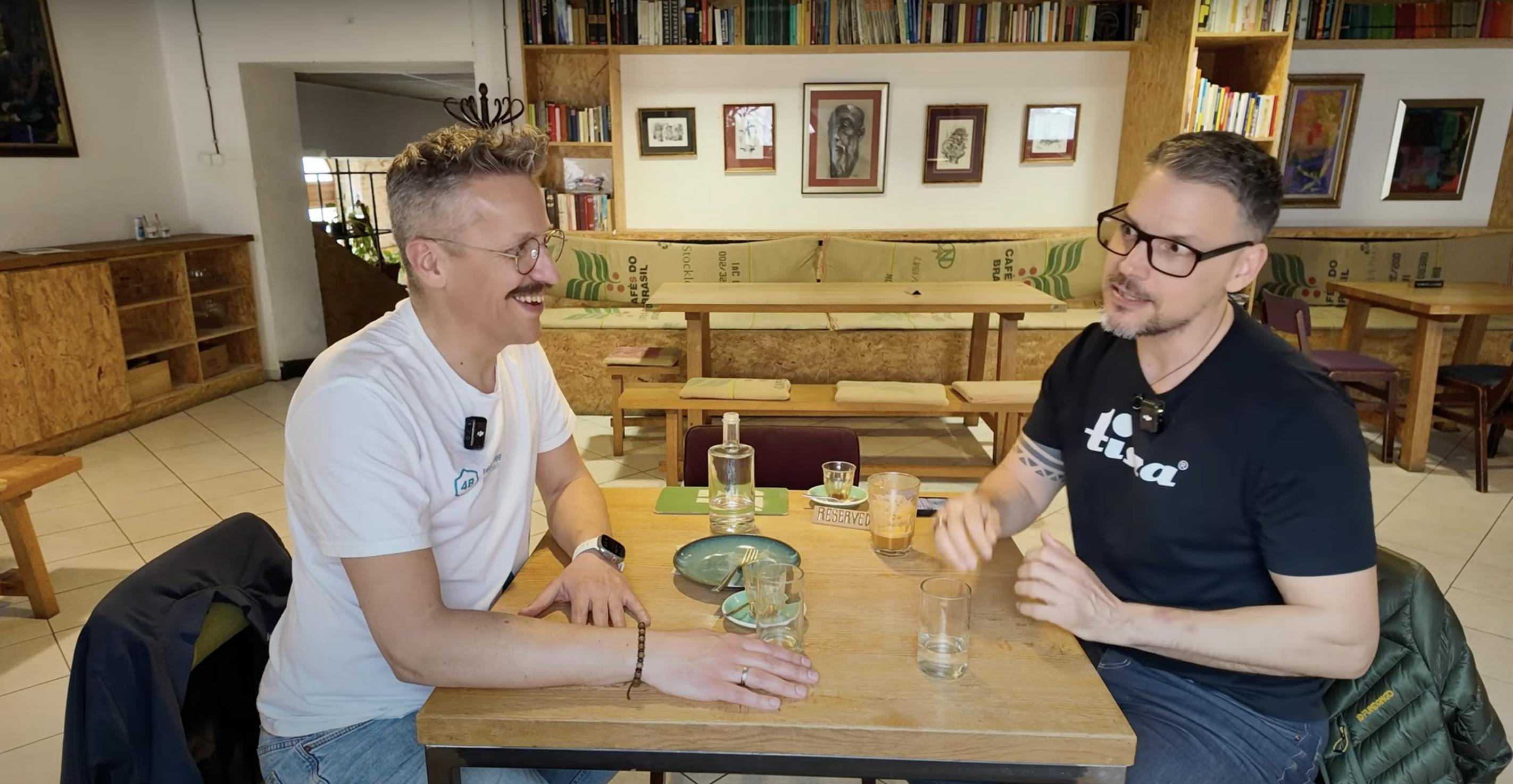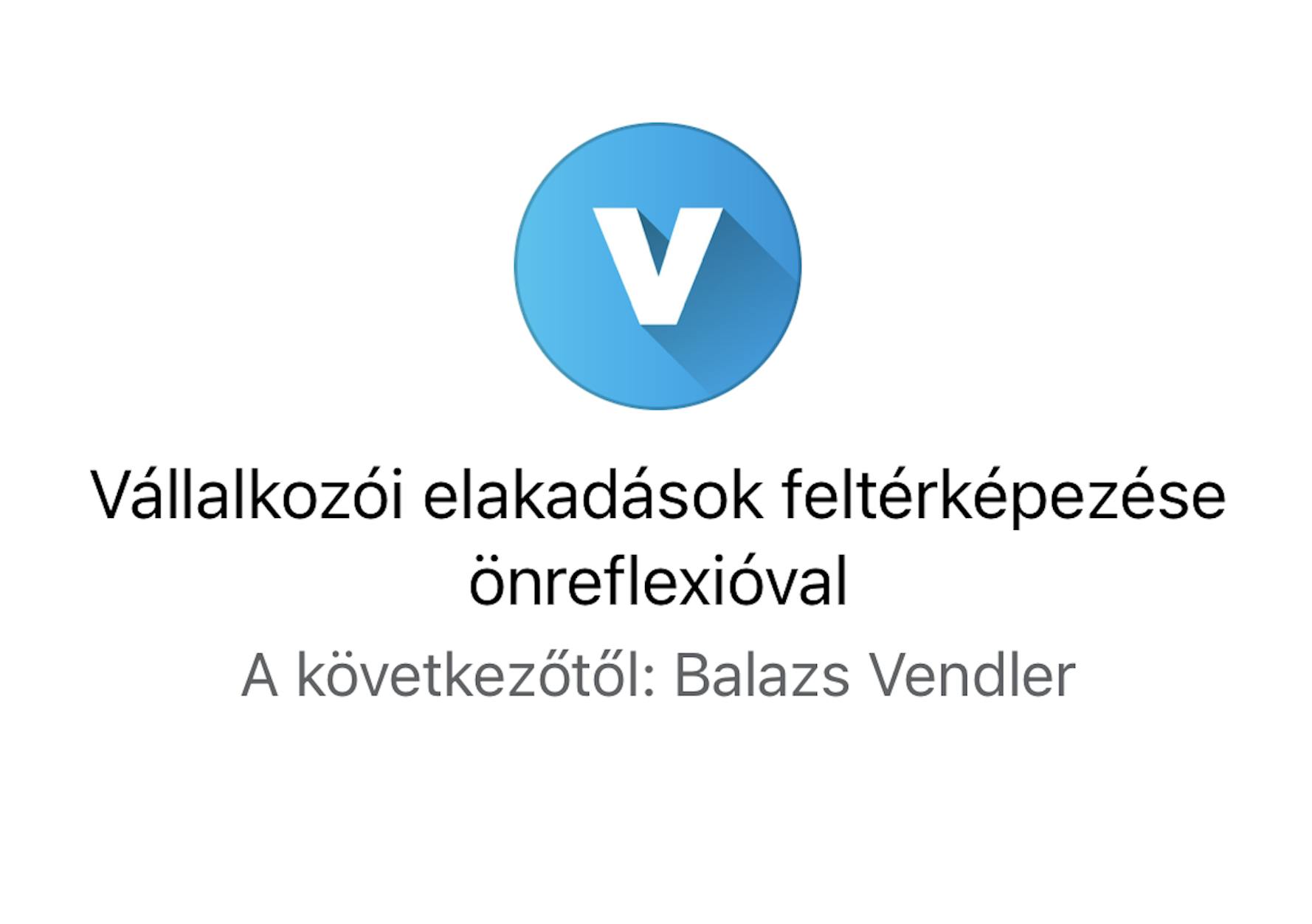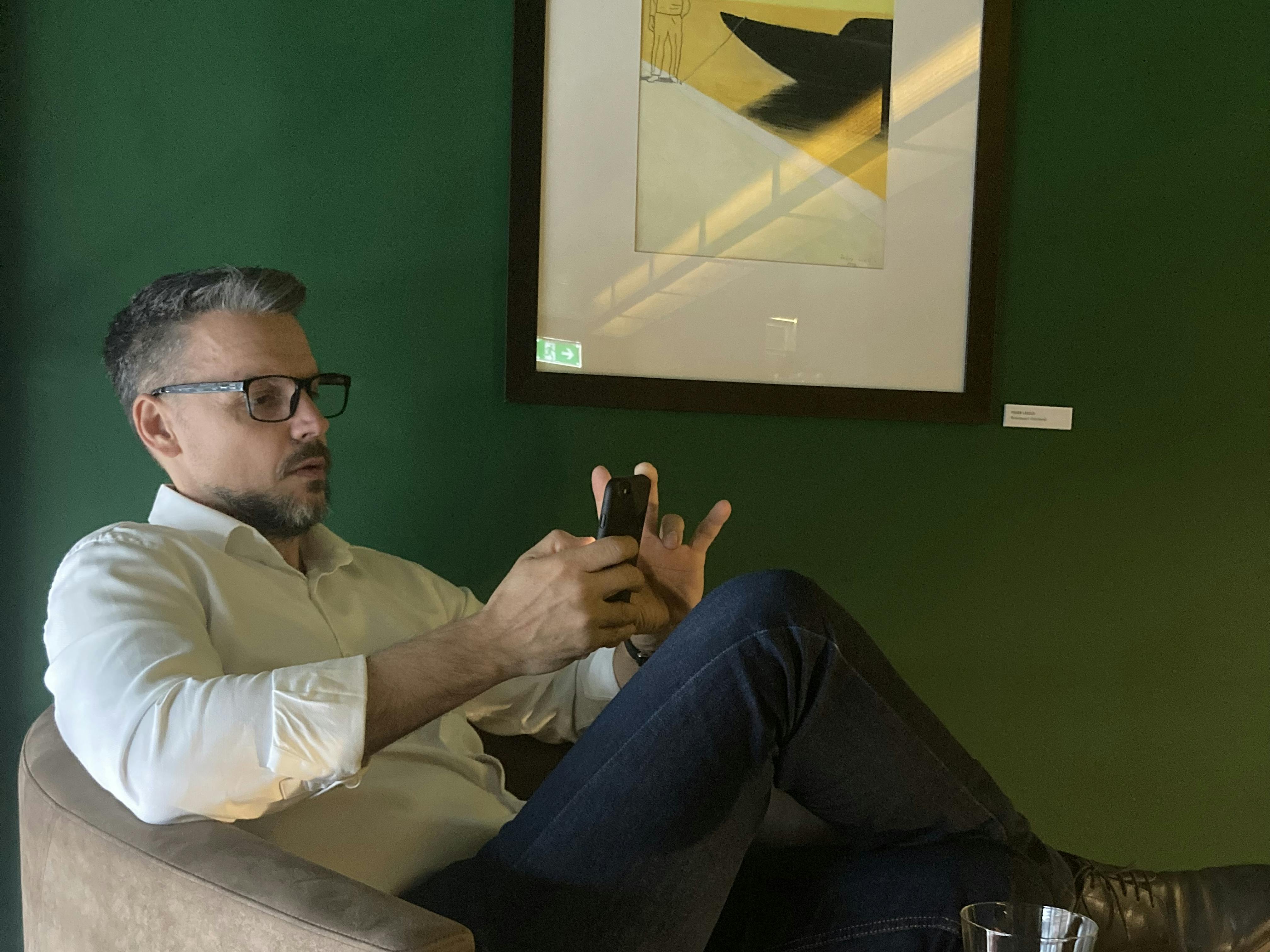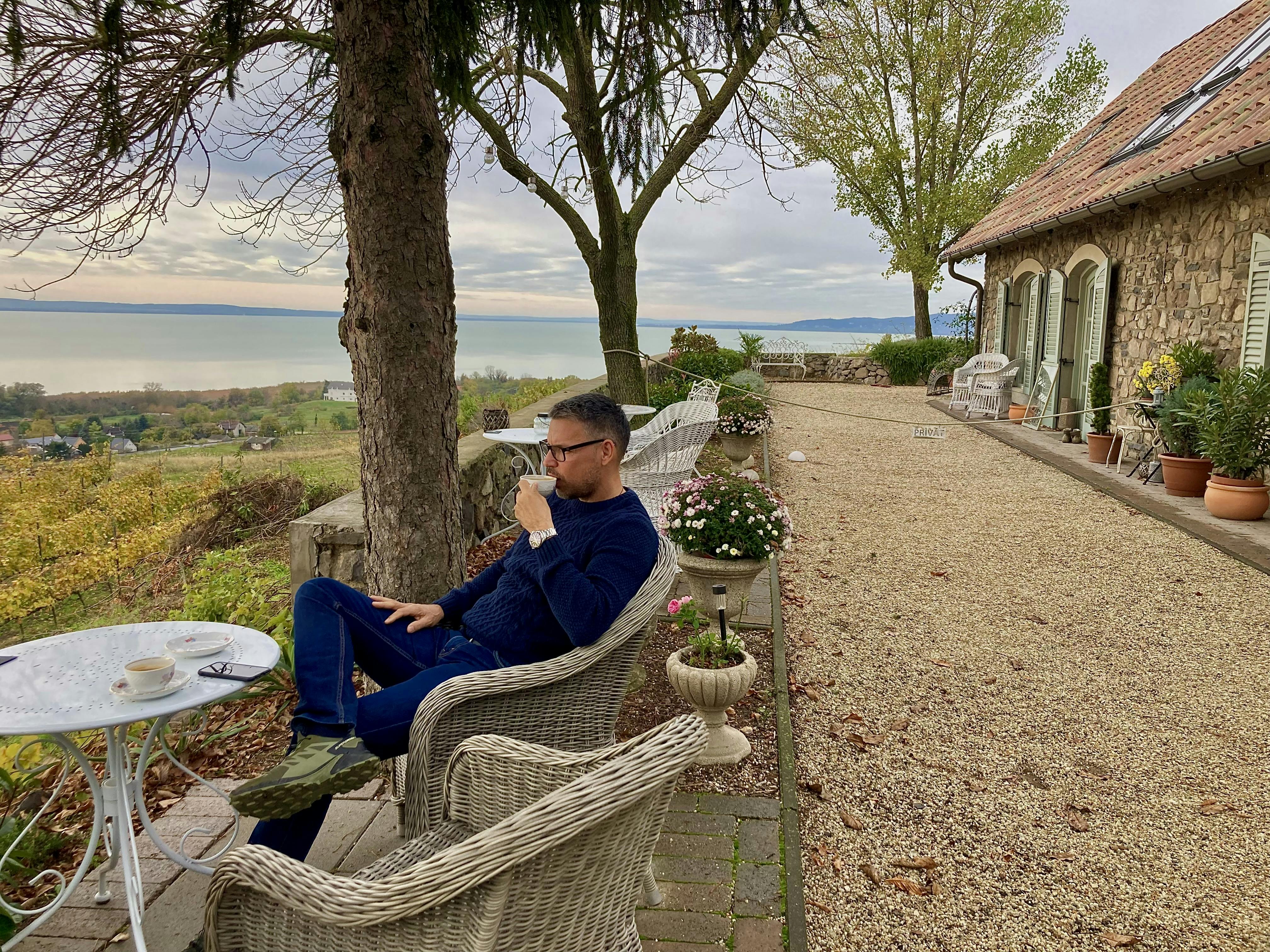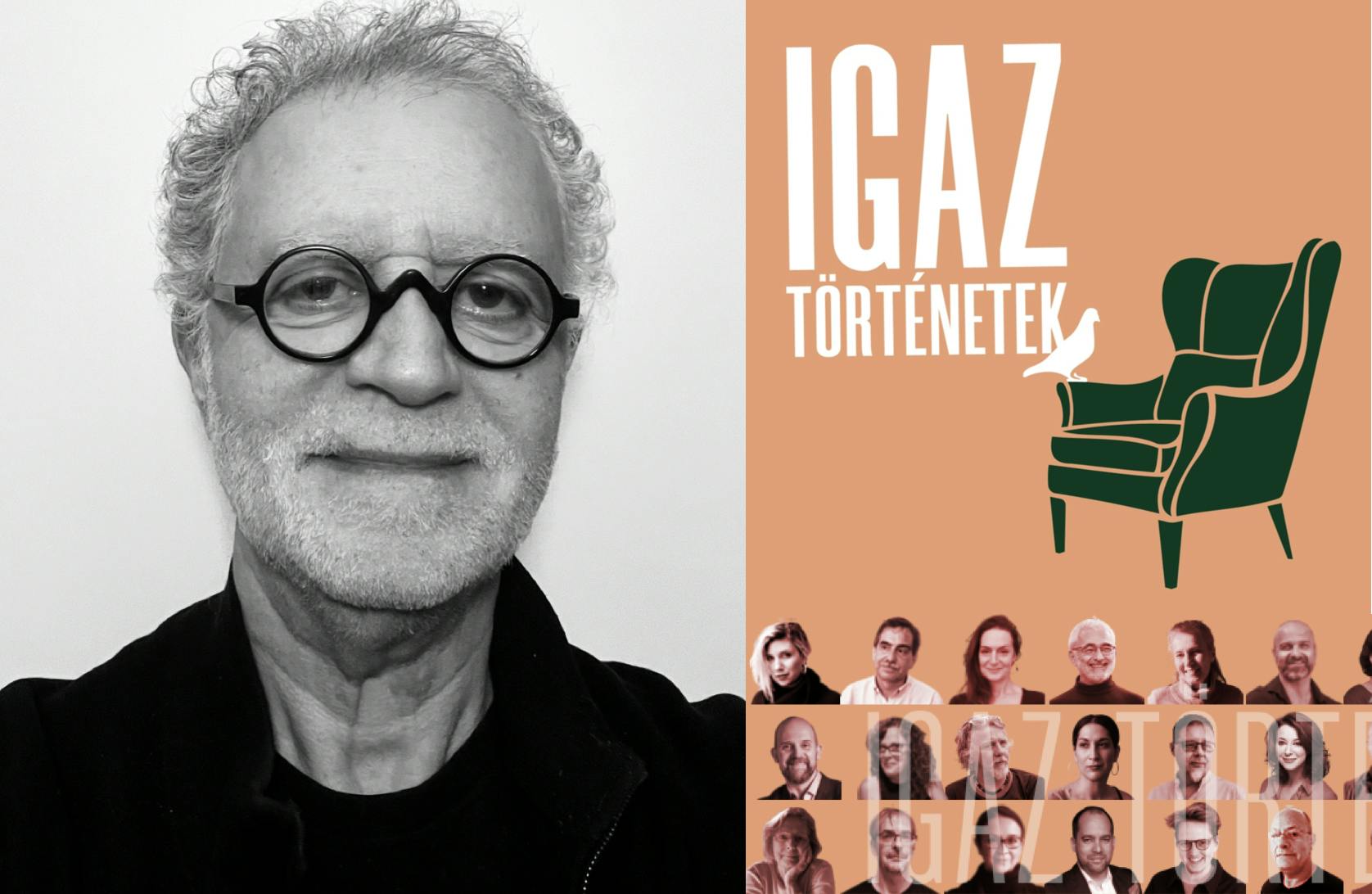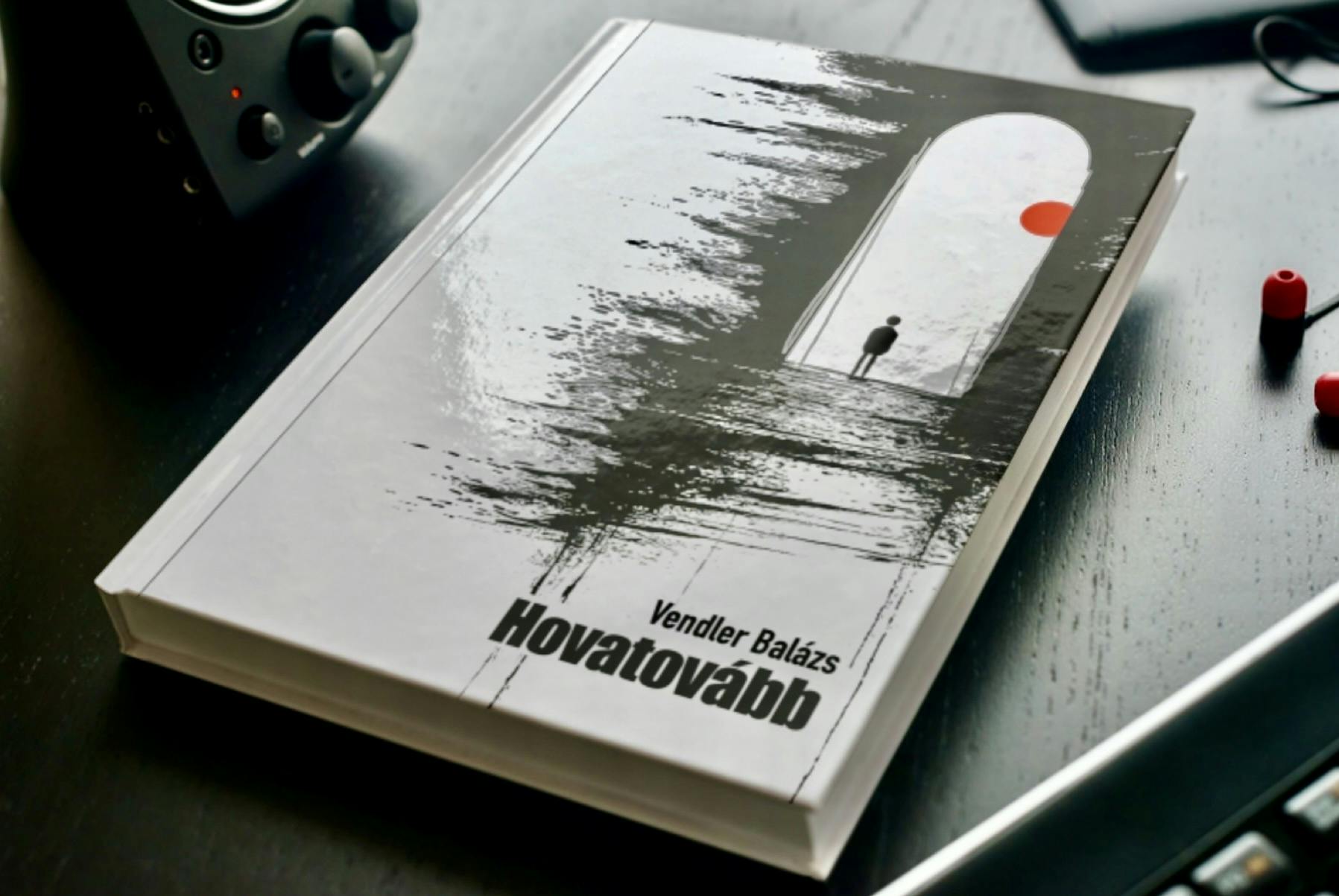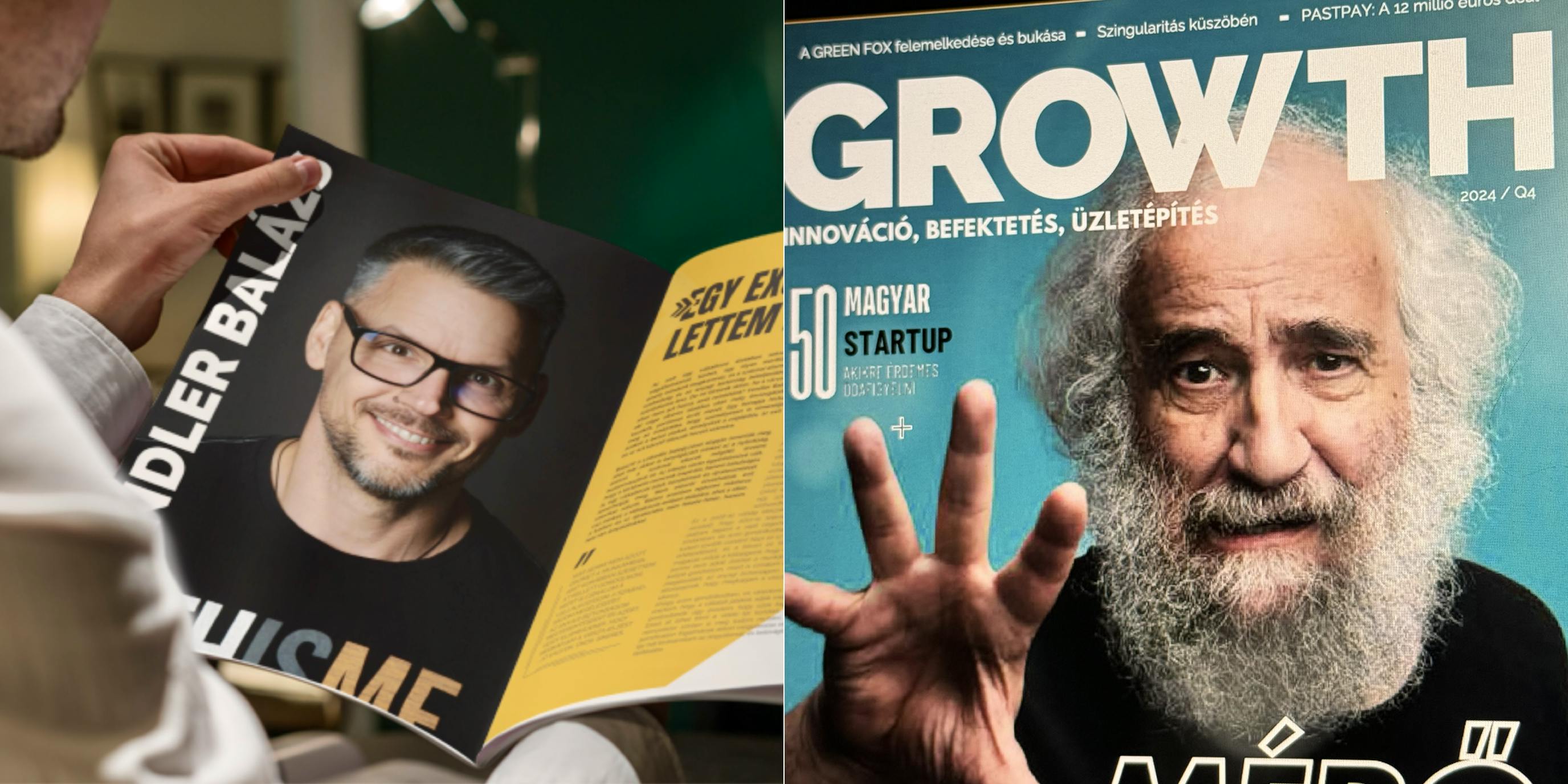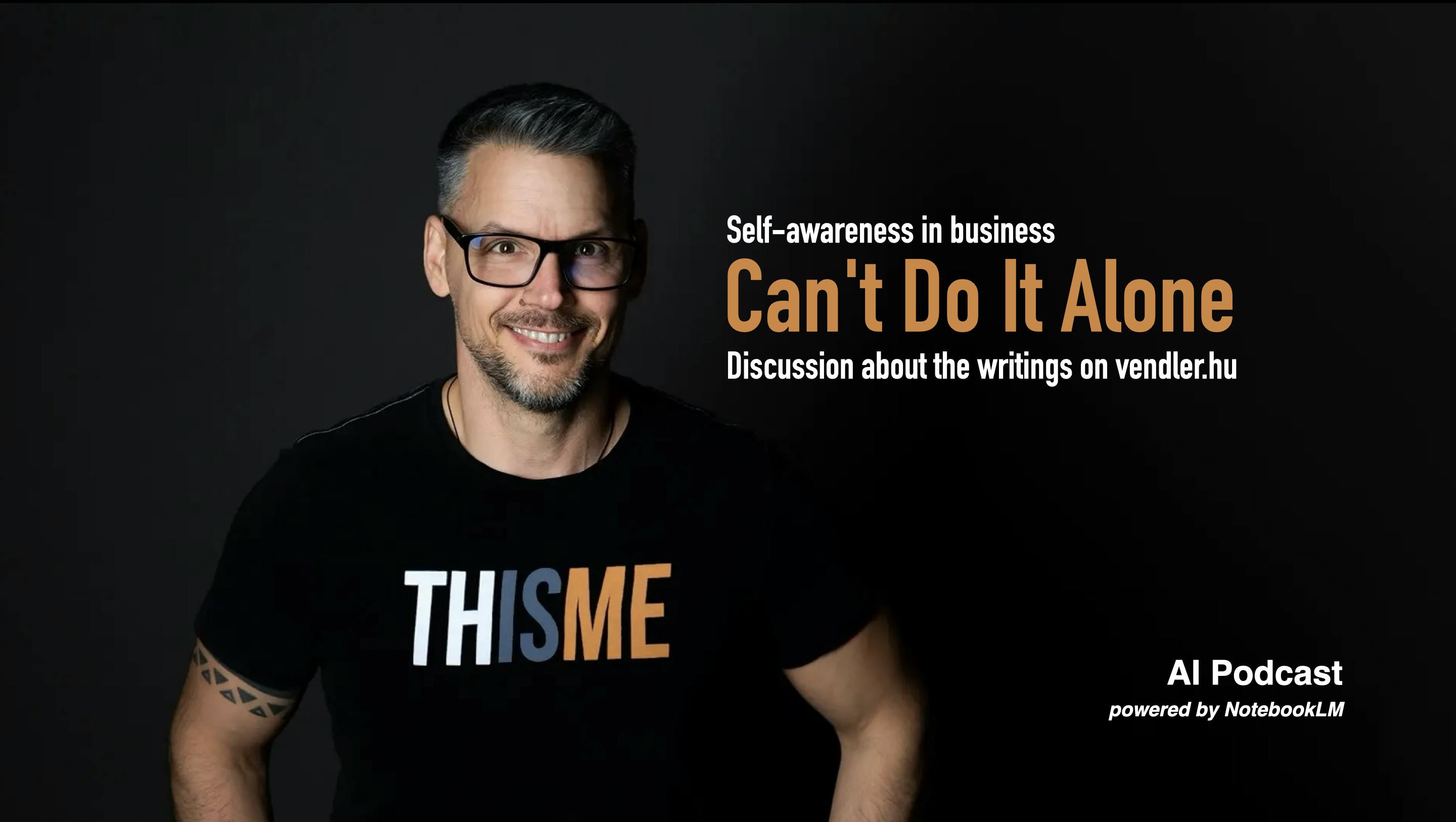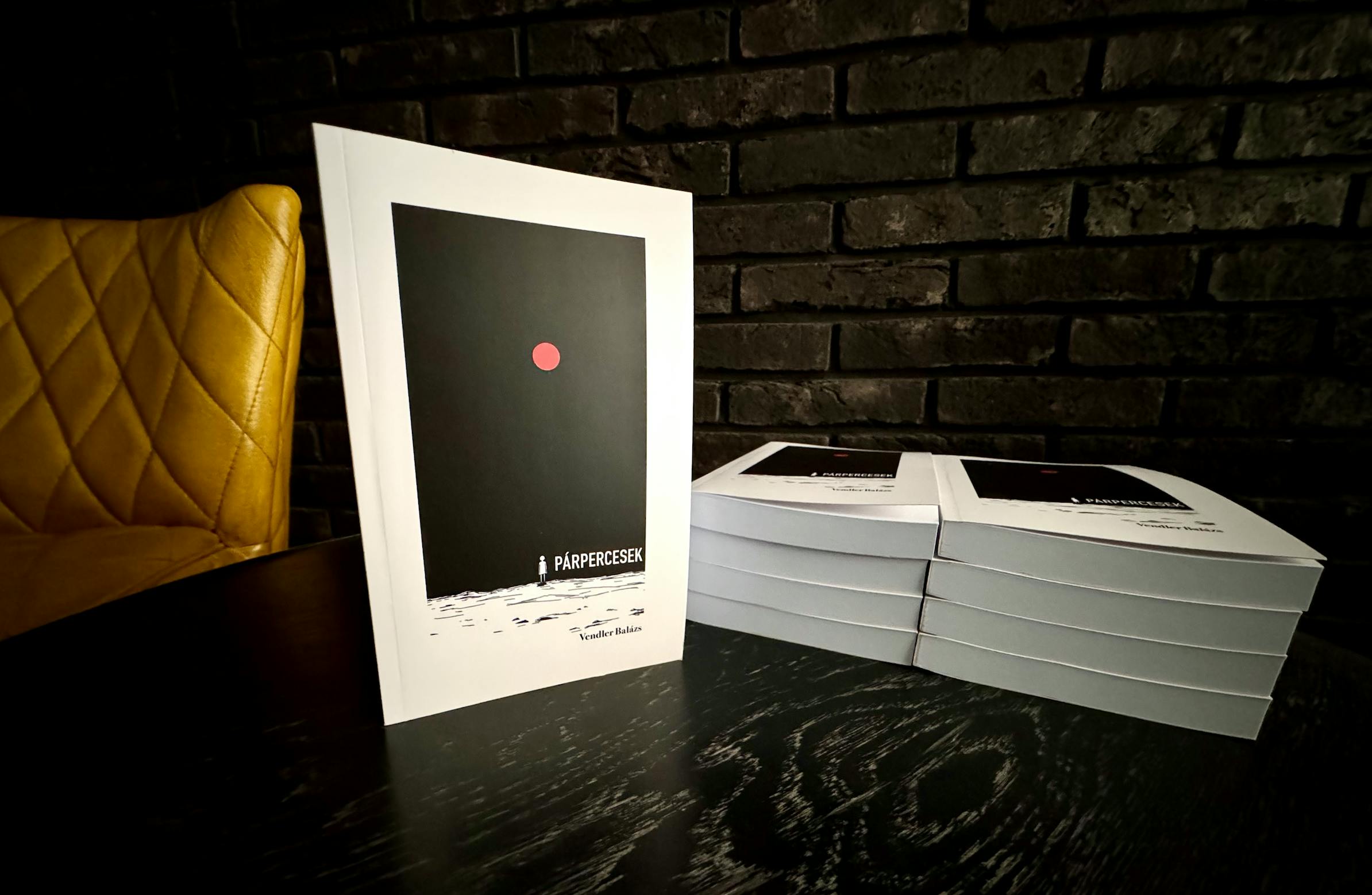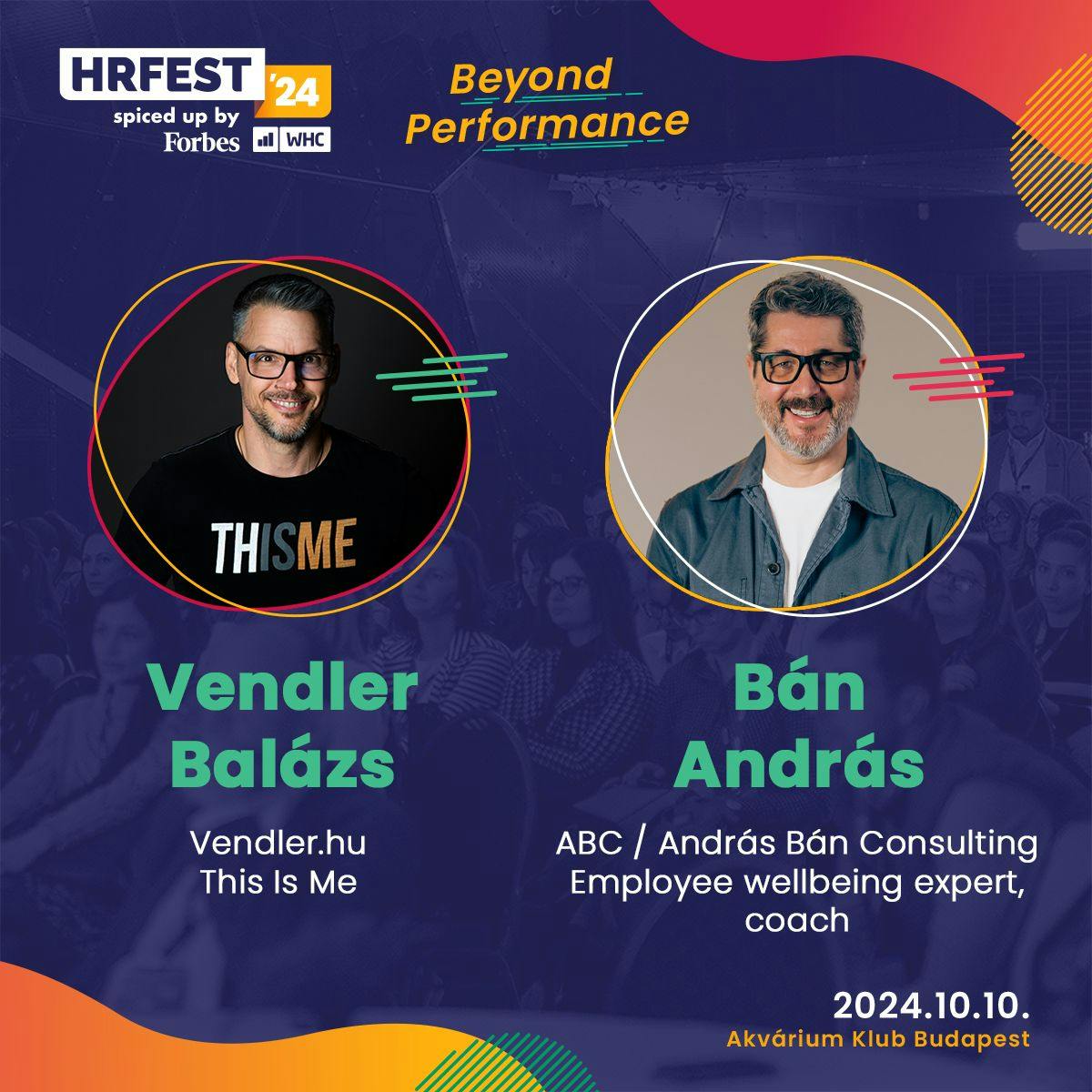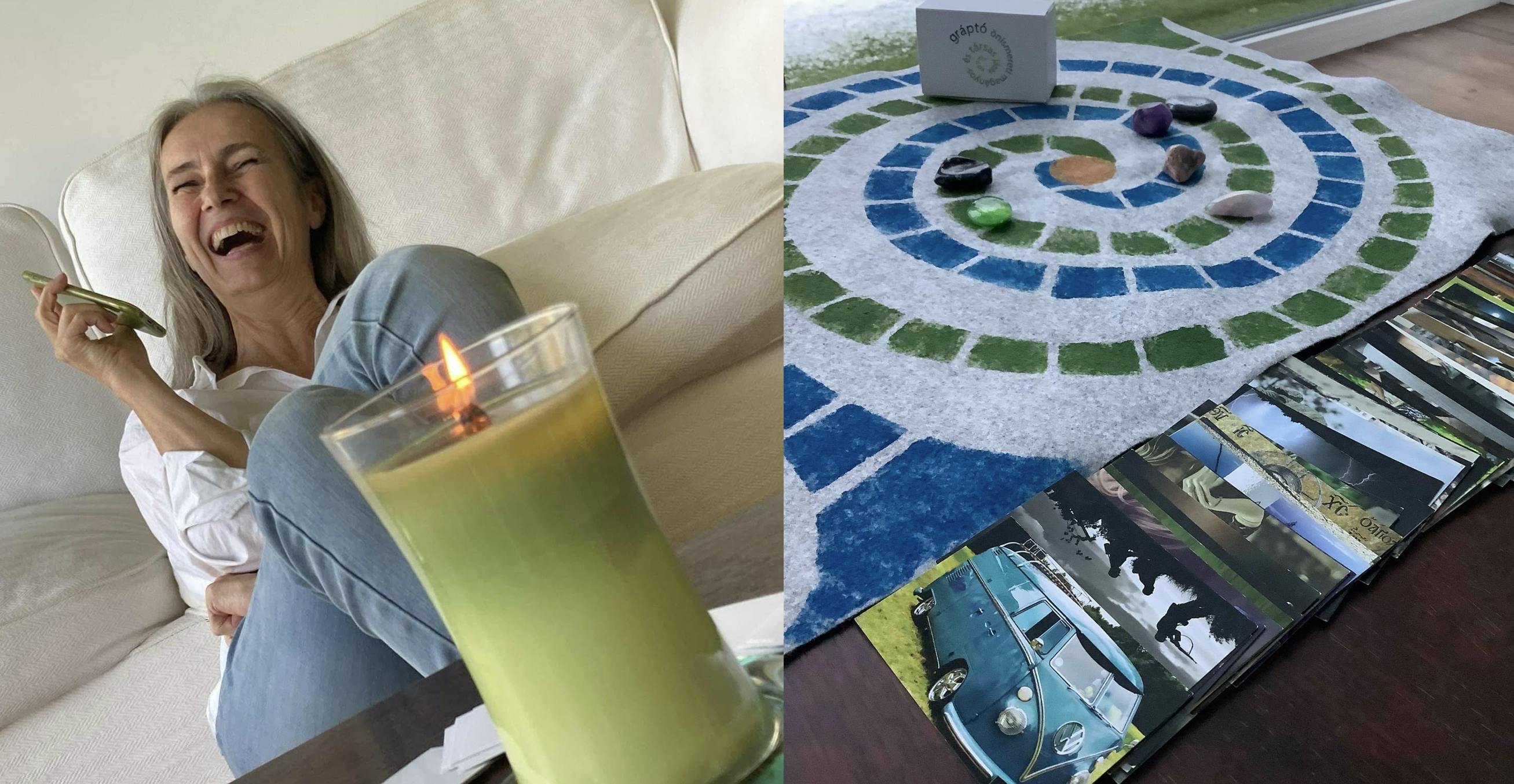
Reciprocity
2025.02.13.
Reciprocity is one of the most fundamental, if not the most fundamental, ethical norms, based on mutual exchange, referring to the practice of giving and receiving. – Ágnes Heller: Moral Philosophy
Six months ago, I embarked on a business model where I don’t ask for money from those who reach out to me. Instead, I suggest that they pay as much as they feel our conversation was worth to them—just explain why they chose that amount.
So far, I haven’t had a single client. No one has wanted to do business this way. Some told me this wouldn’t work and that I should set a price so they could decide whether it was worth it. Others said they didn’t know how much people typically paid in such situations and were afraid of offering too little, so they preferred not to come at all. But no one told me how much they thought it was worth to them, and no one asked if that amount would be acceptable to me.
Why is it that when we could pay any amount for something, it doesn’t bring a sense of freedom but rather uncertainty and resistance?
Is the model flawed?
Everyone I asked about this told me the same thing: it doesn’t work this way, people aren’t like that, and this isn’t a sustainable model. But why? What’s behind it?
Perhaps we’re simply not used to determining the price of a service ourselves. We don’t encounter such situations in the "market"; we have no experience, no good examples. Maybe pricing from the provider’s side is a social convention I’ve broken with this model, causing confusion.
Maybe this whole situation generates decision anxiety—setting a price creates a sense of responsibility, an unnecessary pressure that we try to avoid because there’s no clear guidance on how to handle it. So instead, we simply avoid the situation altogether.
Maybe we’re afraid of paying too little or too much. If we give too little, we might feel guilty. If we give too much, we might fear we’ve been taken for fools. This creates an internal conflict that discourages action rather than encouraging it.
All of this just makes things harder.
But should I be making it easier? Is that my responsibility? I want to understand the emotional experience of potential clients better. I want to understand the perspective of those who would like to work with me but don’t because they’re uncomfortable with this model.
Would I take the risk?
Would I take advantage of such an opportunity? Judit Mihalik drew my attention to an interesting initiative on Facebook. There’s a woman who invites strangers to her home for board games—an introspective game called Gráptó. Sometimes, she hosts only women, sometimes only men, and sometimes mixed groups.
She does all this in Pilisszentlászló, a tiny village embraced by forests, just 15 minutes from Szentendre. The idea captivated me immediately. I looked at her posts, the feedback, searched for her on Google, and tried to gather as much information as possible to understand who she is—Réka Bolváry, the host.
It didn’t take long to find a podcast interview where Réka talked about her life, a captivating love story, and how this novel-worthy tale later connected with her now-adult children. It was a recollection from a woman nearing sixty, yet her voice sounded more like that of a 20- or 30-year-old. That gentle, soft, warm, sometimes melancholic, sometimes playful voice reached deep—it felt so close that I wanted to know more about the person behind it.
I messaged her on Facebook that very morning and soon after, we talked on the phone. The same youthful, energetic, yet soothing voice—almost as if you could feel it wrapping around your soul. You feel at home in it. Safe. As if it speaks directly to you. In our hour-long conversation, we discovered that similar things occupy our minds. Although our motivations differ slightly, and perhaps we are heading in slightly different directions, the path we are on feels the same.
Réka, with her adventurous and multifaceted life experience, helps those who seek her out to reshape their perspective. A perspective shifter. And…
She doesn’t ask for money.
She only asks that, if you feel the time spent with her was valuable, you leave whatever amount you wish in a small offering bowl. I had to try this!
But how much should I give her? Finally, I found myself in the exact situation of those who reach out to me. I could experience firsthand what they go through.
So, I sat down and thought: how much would I pay for this conversation if it turned out not to be valuable? And how much if it was? On Wednesday, I woke up at 4 a.m. and traveled to Pilisszentlászló to meet Réka at 8:30 a.m. I hadn’t really imagined what her home would be like, but if I had, it would have been exactly like this. It suited her—her beauty, her naturalness.
Réka is someone with whom you can truly rest. Someone who allows you to let go, even for a little while, of the question: Am I good enough? of how things should be. With her, it’s enough to simply be.
The three hours flew by. In addition to our conversation, I got a taste of the board game as well. We touched on so many topics; the morning felt light and beautiful—a truly enriching experience.
At the end, I stepped up to the offering bowl to leave something in return for what I had received.
Reciprocity is one of the most fundamental, if not the most fundamental, ethical norms, based on mutual exchange, referring to the practice of giving and receiving. When someone helps us, we know, we feel, that we must reciprocate in some way.
So why wouldn’t this work in a business setting?
Because today, value and money no longer go hand in hand? Are we so protective of our money that we no longer pay attention to value—only price? We live in a world where we spend fortunes on worthless things, yet we remain blind to what is truly valuable.
Perhaps we’ve turned our entire lives into a market, living by business rules. And the problem is, this market isn’t built on moral reciprocity but on monetary transactions. We even try to monetize our relationships.
Money is a matter of quantity. Value is a matter of quality. And matching the two is difficult. Maybe that’s why we expect someone else to do it for us.
Yesterday, I tested what it feels like to do it myself. To use a supportive service where I paid without being asked. To receive value that I might only understand days later.
I wanted to experience this for myself. And in the process, I found someone doing something similar to what I do—someone who thinks like me, who shares my values. And that feels good.
We are not alone.
If Pécs is too far for you, if coming here for a walk is difficult, but you’re looking for someone who can connect with you, I wholeheartedly recommend Réka—whether for a conversation or for playing games. And believe me:
It’s enough to give as much as you received. But that much—you should.
Mutually.
--
The article was translated from Hungarian to English by ChatGPT. Thank you, ChatGPT, for being here.



